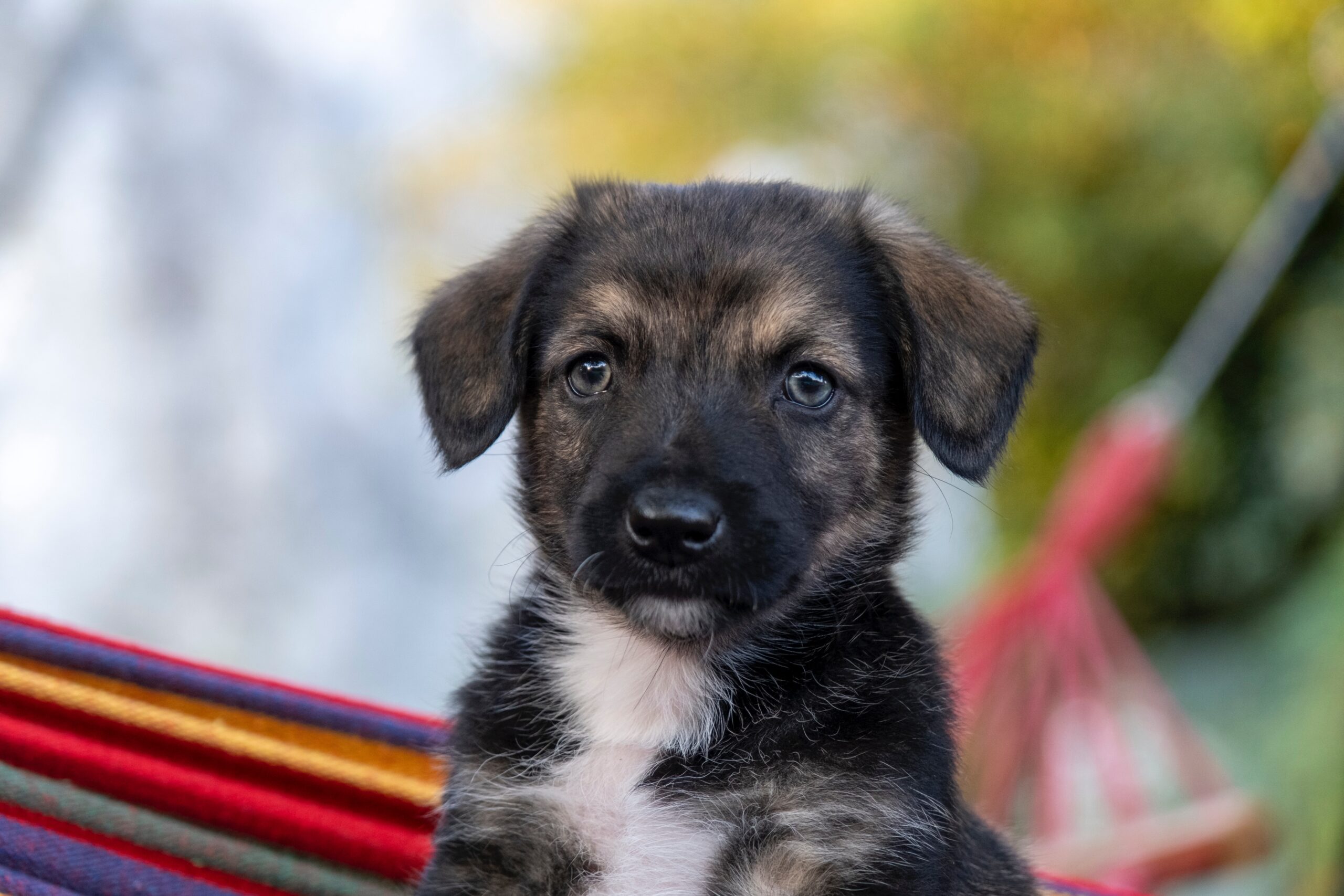Imagine the excitement of welcoming a new furry friend into your home! But amidst the playful nips and excited greetings, you might also be experiencing the not-so-fun side of puppyhood: biting.
While this is a natural puppy behaviour, addressing it early on is essential to prevent it from becoming a problem later.
Understanding Puppy Biting
Puppies are curious little explorers whose mouths are their primary tools for investigating the world around them. Mouthing is a normal part of their development, similar to how human babies explore with their hands. However, these playful nips can sometimes turn into painful bites.
Common Reasons for Puppy Biting:
- Teething: Just like human babies, puppies experience discomfort during teething. Chewing helps soothe their gums and alleviate pain.
- Playing: Biting and mouthing are natural play behaviours for puppies.
- Seeking Attention: If your puppy gets a reaction, even a negative one, from nipping, they might continue the behaviour for attention.
- Boredom: An under-stimulated puppy is a recipe for mischief, including mouthing and biting.
- Overtiredness: Puppies get cranky when overtired, and biting can signal they need a nap.
Preventing Puppy Biting
- Provide Plenty of Chew Toys: Offer a variety of chew toys made from different textures to satisfy your puppy’s natural chewing instinct. Doing This will give them an appropriate outlet for their chewing needs.
- Tire Them Out with Play Sessions: Use interactive toys to engage your puppy in regular play sessions. This will help them expend energy and redirect their chewing urges toward toys.
- Use a Kong Toy: Kongs are fantastic for stuffing with treats or kibble. Using a Kong toy as a feeder helps keep puppies occupied and softens their jaws while they work on getting the goodies out.
Responding to Puppy Biting
- Yelp and Disengage: Make a Yelp but not too loud. It’s just a calm yelp but enough of a noise so your puppy knows you are hurt, but it doesn’t turn into a game, either. Then immediately stop playing and walk away, calmly removing your attention and body from your puppy.
- Repeat and Reward: Be consistent! Repeat this calm yelp-and-disengage response every time your puppy bites. When they play gently, praise and reward them with petting or treats.
Remember: Punishment is not the answer. It can make your puppy fearful or worsen the biting behaviour.
Bite Inhibition and Puppy Development
Puppies learn bite inhibition, or gentle mouthing, through interactions with their littermates and human interactions once they enter the new home.
Ideally, bite inhibition must be learned before 18 weeks of age, as that is when adult teeth start showing up.
- Supervised Play Sessions: Simulate interactions through play sessions in which you gently play with your puppy and its toy and make a calm yelp if the puppy bites down too hard while you are playing.
- Be Patient. Puppies learn bite inhibition through time and consistent training. Be patient and celebrate minor improvements. Repetition is key.
Additional Tips
- Puppy-Proof Your Home: Remove any objects that might be tempting for your puppy to chew.
- Socialisation: Ensure your puppy is well-socialised to help them learn appropriate behaviour.
- Consistency: Emphasise the importance of consistent training from everyone in the household.
- Professional Help: If biting persists, consult a professional dog trainer or behaviourist for personalised advice.
- Medical Check-up: Rule out any underlying medical conditions that might be causing excessive biting.
You can raise a pup with a gentle mouth by understanding the reasons behind puppy biting and implementing these prevention and response techniques. Remember, consistency, positive reinforcement, and patience are key!
If you still need help, check out the 30-Day Puppy Plan.

